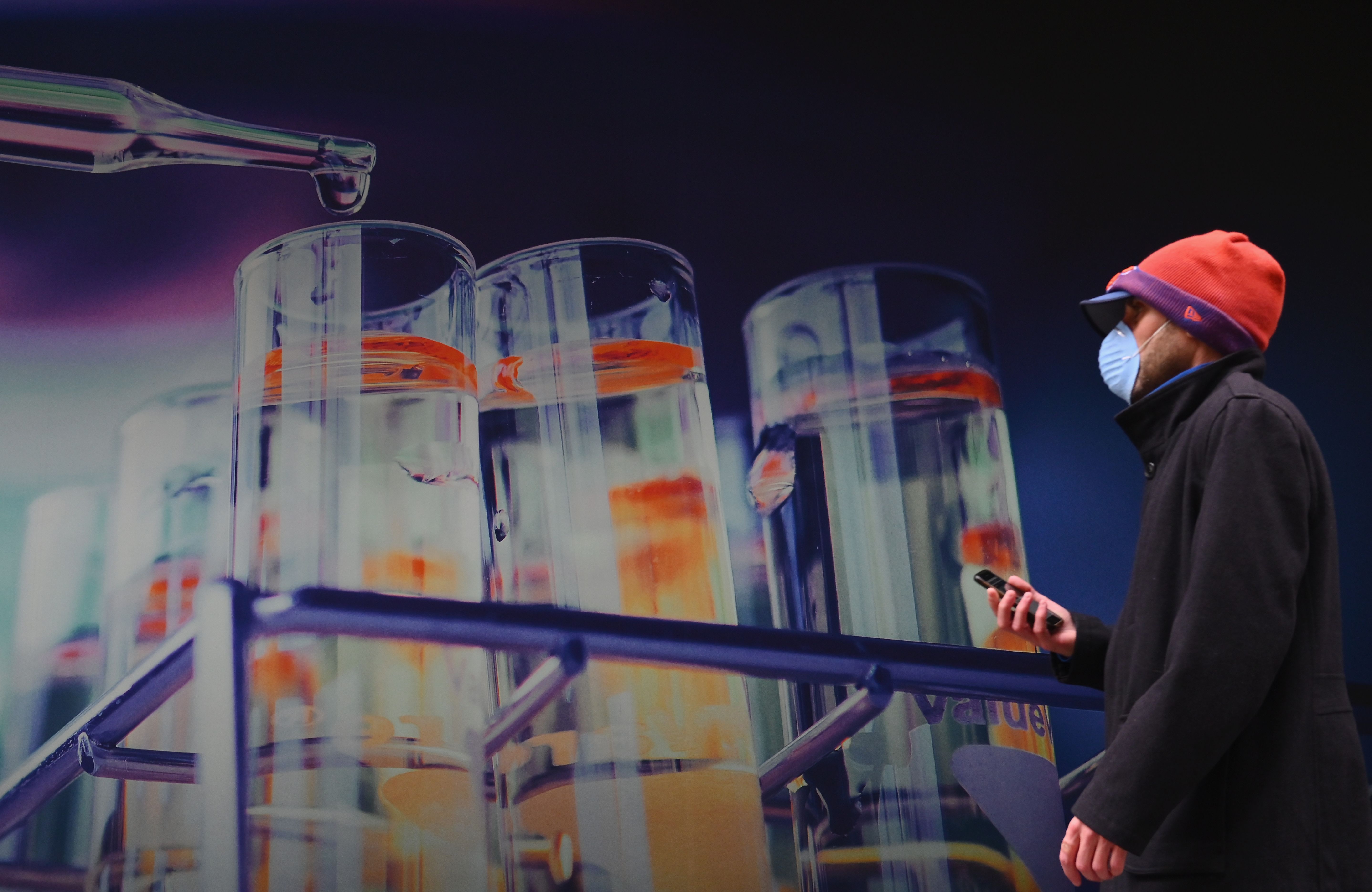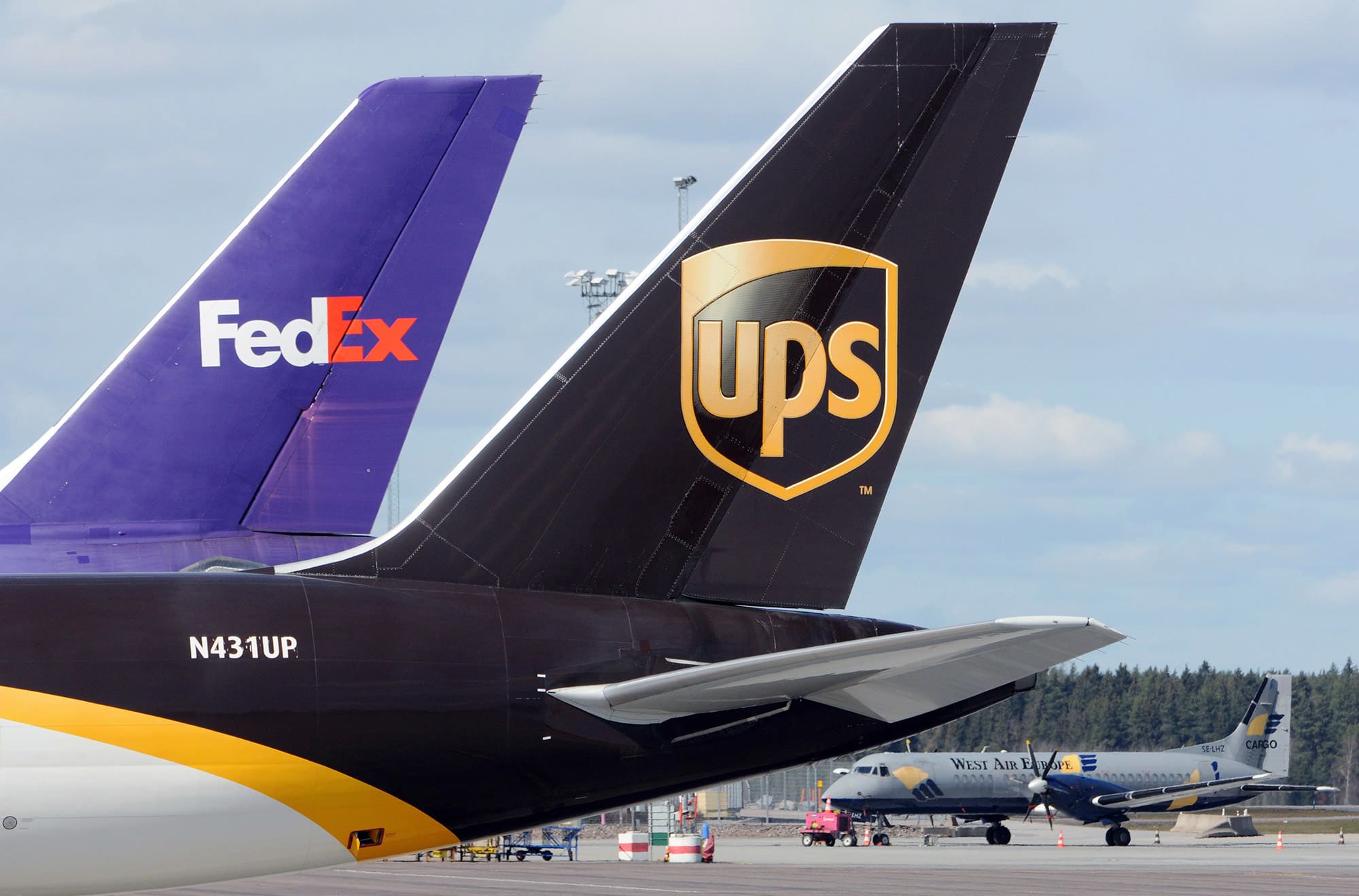What to Know
- Pennsylvania is temporarily halting school sports and other extracurricular activities, ordering gyms, theaters and casinos to close and banning indoor dining at restaurants as state officials respond to the worsening pandemic with new restrictions.
- A day after announcing his own COVID-19 diagnosis, Gov. Tom Wolf announced the widely expected clampdown Thursday in what he said was an effort to slow the accelerating spread of the coronavirus and prevent hospitals from becoming overrun.
- The restrictions — which includes an indoor gathering limit of 10 and an outdoor gathering limit of 50 and capacity restrictions at retail stores — will take effect Saturday and will remain in effect until Jan. 4.
View the full list of Pennsylvania's new COVID-19 restrictions HERE.
Pennsylvania is temporarily halting school sports and other extracurricular activities, ordering gyms, theaters and casinos to close and banning indoor dining at restaurants as state officials respond to the worsening pandemic with new restrictions.
A day after announcing his own COVID-19 diagnosis, Gov. Tom Wolf announced the widely expected clampdown Thursday in what he said was an effort to slow the accelerating spread of the coronavirus and prevent hospitals from becoming overrun.
Get Philly local news, weather forecasts, sports and entertainment stories to your inbox. Sign up for NBC Philadelphia newsletters.
Wolf moved to tighten restrictions after weeks of exploding case numbers and sharply rising hospitalizations and deaths.
“We all hoped it would not come to this,” he said at a virtual news conference, but “we need to slow the spread to save lives.”
The restrictions — which includes an indoor gathering limit of 10 and an outdoor gathering limit of 50 and a 50% capacity restriction at retail stores — will take effect Saturday, Dec. 12 and will remain in effect until Jan. 4.
Outdoor dining and takeout are not affected by these restrictions.
View the full list of restrictions HERE.
Wolf said the measures would help stop the spread of the virus, keep the hospitals and health workers from becoming overwhelmed and put the state in a better position for when the vaccine is more widely available, likely after the holiday season.
The restrictions are aimed at high-risk activities where the virus has been known to spread. Because it spreads through the air in respiratory droplets, anywhere where people have masks off, indoors, with poor ventilation is a higher risk.
Health experts joined Wolf and Secretary Rachel Levine for a virtual news conference Thursday where the restrictions were announced.
"In these studies, and there are many, transmission is seen between individuals with no contact," said Meda Higa, a virology expert teaching at York College. "Such as passengers on a bus, or restaurant patrons at adjacent tables. In the restaurant study, 50% of people dining at the same table as an infected individual were positive within 7 days. At an adjacent table, 75% were infected. In a meat processing plant, the infected person transmitted the virus to a colleague working more than 26 feet away over 3 consecutive working days."
Wolf said many restaurants have done everything right while serving in the pandemic.
"It's not the fault of the restaurant owner, or the bar owner, or their employees, or their patrons. It's not their fault that COVID spreads easily in these conditions, it's just the nature of the disease," Wolf said.
He said he supports the Restaurants Act which currently before the U.S. Senate that would provide financial relief to owners and employees, and pushed back after a reporter said he was putting people out of work before a holiday.
The virus is, the governor said.
Some pro-business groups had statements published within minutes of the news conference:
- "While acknowledging the serious nature of the ongoing COVID emergency, we again raise concern over the harm these actions will have on Pennsylvania's small businesses and their employees. These steps will result in another wave of business failures and the loss of all the jobs that go with it," the National Federation of Independent Business wrote.
- "What we don't get is why our state government has asked the industry to sacrifice so much, but continues to sacrifice the industry," the Pennsylvania Licensed Beverage and Tavern Association said.
For all the concern about businesses though, hospitals are reaching a breaking point. According to state data, 30% of hospitals in the southeast region will have staff shortages next week. That number is 36% in the south-central region.
Jaewon Ryu, president and CEO of the Geisinger health system in the center of the state, said hospitals in the system were operating at close to 100% capacity and scaling back non-emergency care after rising coronavirus cases.
The health system's number of COVID-positive patients has skyrocketed to six times the number around Labor Day. It has tripled since October.
He says the picture painted by conversations with frontline employees, talking about the dire situation in the hospitals, remind him of a boat filling up with water.
"The prevailing theme over the last couple of weeks has been this feeling like they're just bailing water but there's still a big hole in the bottom of the boat. And somehow we have to figure out how to increase the number of buckets we have to bail, but more importantly how to decrease the amount of water," he said.
Wolf said "we can't afford to have a health care system that's so overwhelmed that it can't deal with heart attacks or accidents."
Since the end of November "things have taken off really exponentially and as Dr. Levine said and the models show, if we don't do anything, it's going to get worse even faster," Wolf said. "So this is the right time to do it, if we had known more maybe we would've done it a week earlier...but we need to act."
The lead-up
Wolf had said on Monday that additional pandemic measures might be needed to slow the spread of the virus, warning that hospitals were under increasing strain and would have to start turning away patients if they become overwhelmed.
He tested positive for the coronavirus a day later and revealed the diagnosis on Wednesday. He said Thursday he is feeling fine and that his most recent test was negative, but he would continue to quarantine as the guidelines require.
His office said Wolf was found to have the virus after he underwent a routine surveillance test at the Pennsylvania Emergency Management Agency, where he has been working.
Wolf’s spouse, Frances Wolf, tested negative for the virus but will continue to quarantine with him at their home in Mount Wolf, near York, the governor’s office said Thursday.
Republican lawmakers have staunchly opposed most of Wolf’s restrictions since mid-April and have accused him of abusing his powers. Anticipating that Wolf would announce a new round of restrictions, House Majority Leader Kerry Benninghoff, R-Centre County, warned him against it Thursday.
“Do not use your executive order pen to devastate lives and livelihoods," Benninghoff said in a statement.
The virus is taking an increasingly heavy toll on the state, which is now averaging 10,000 new confirmed cases a day and has a record number of COVID-19 patients in the hospital. Pennsylvania reported 248 new deaths Thursday as the statewide toll passed 12,000.
The Wolf administration has already imposed indoor capacity restrictions on bars and restaurants, limited indoor and outdoor gatherings, mandated the wearing of masks, and required out-of-state travelers to test negative for the virus before arrival. Health officials have also begged people to stay at home whenever possible.
But Wolf acknowledged Monday those measures and advisories have not prevented Pennsylvania’s numbers from going in the wrong direction amid the national surge.



